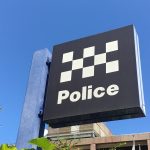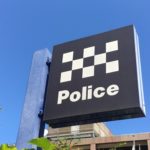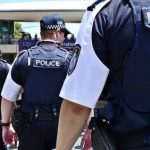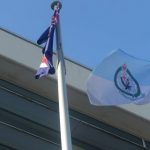Police Misconduct Is Costing Taxpayers Millions Every Year
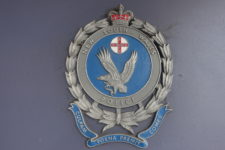
New figures show that over the four-year period since 2016, New South Wales Police have paid more than $238 million dollars in in damages payouts to civil litigants who took legal action over police misconduct.
When police are successfully sued for brutality and other forms of misconduct, it is the taxpayer who foots the bill for damages and legal costs. And in many instances, despite their proven misconduct, the individual offices who are responsible escape disciplinary action altogether. Indeed, it is rare that officers who engage in criminal conduct are criminally prosecuted over their offending.
A former Commissioner of the New South Wales Law Enforcement Conduct Commission (LECC) Patrick Saidi recently brought the extent of damages payouts to light in a series of internal memoranda, as part of an investigation into the way the police watchdog, the LECC, has been managed and operated.
‘The cost of doing business’
Mr Saidi expressed the view that police are treating the massive public expense as the ‘cost of doing business’.
Documents published as part of the internal investigation’s final report reveal long-running concerns about the number of legal complaints made against the New South Wales Police Force, the extent and magnitude of misconduct, and the lack of transparency around the way civil claims are reported.
In one memo, Mr Saidi wrote: “The cost to society both in terms of damages paid and the legal costs of the civil litigation are horrendous.”
Despite its obligation to report the total figures, the NSW Police Force has repeatedly rejected requests for a detailed breakdown of costs incurred over specific issues. For example, when the cost of payouts for illegal strip searches were recently questioned by Greens MLC David Shoebridge, police simply said they were unable to provide it because it was not the subject of a specific tort.
The internal report also states that police have failed to co-operate with the LECC, and went so far as to provide “misinformation” to the agency.
For many years, there have been reports of a culture of cover-ups within the New South Wales Police Force. There have been numerous reports of corruption, bullying, bigotry and harassment within the ranks too, with officers going to great lengths to protect their own, and whistle blowers being persecuted when they speak out.
Complaints made against police are often ignored, mishandled or found to be unsubstantiated despite substantial evidence of impropriety. Internal investigations are essentially police policing themselves, often leaving victims with no other choice but to commence civil proceedings for assault, false imprisonment or, where a person has been the subject of unfounded criminal charges, malicious prosecution.
What now for the LECC?
So, it’s no surprise that the working relationship between the LECC and the NSW police force is therefore acrimonious. Anything less would likely impede the LECC’s neutrality.
The LECC was set up as an independent oversight body. As such, it has investigated numerous high-profile incidents of police misconduct including the manhandling and beating of a teenager during his arrest in Byron Bay, as well as misconduct by officers in the course of detaining an intoxicated woman at a Sydney police station in 2016. One officer punched the woman without sufficient reason to do so, before sharing the footage of the incident will colleagues via social media.
Last year, the LECC also investigated the serious issue of police undertaking strip searches at music festivals.
However, the head of the LECC, Michael Adams QC didn’t have his appointment renewed late last year, and the government recently announced that the entire investigation would be shut down.
There has been a good deal of controversy over the government’s decision to remove Mr Adams because the announcement came after he told an LECC hearing that he would examine whether the unlawful strip searches the LECC had been investigating classified as indecent assaults.
Many believe his position was terminated because further investigation into the actions of police in these instances was highly likely to embarrass both the police force as well as the NSW Government.
In the meantime, Reginald Blanch QC has taken up a caretaking post at the LECC, but there are concerns that the dismissal of Mr Adams has already tainted any perceived independence of the LECC, sending a clear message that any head of the organisation who dares to make criticism of police or the government simply won’t be tolerated.
In fact, it should also be noted that Patrick Saidi was also removed from the LECC earlier this year, after his disparaging remarks became public.



